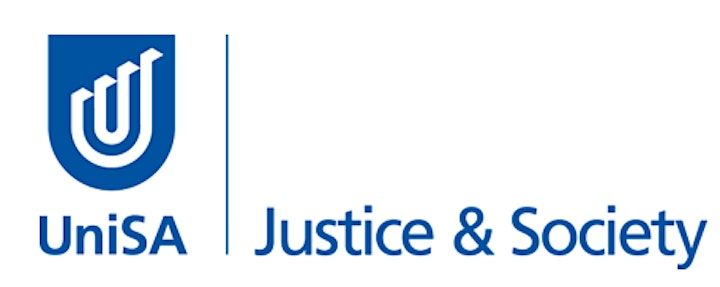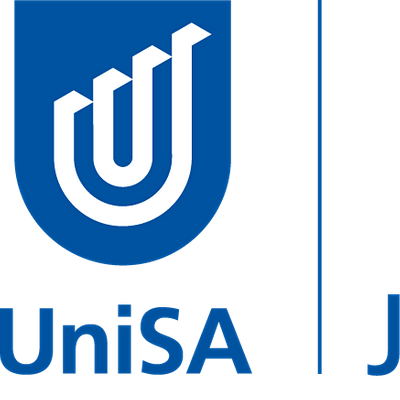
About this Event
The human brain is incredibly plastic, constantly undergoing changes in structure and function throughout life in response to different experiences.
Transcranial magnetic stimulation (TMS) is a powerful tool for non-invasively inducing neuroplasticity in humans, opening exciting possibilities for its application in both basic and clinical research. However, a growing number of studies over the past decade have shown large inter-individual response variability to TMS, raising legitimate questions about its usefulness.
In this presentation, I will give a brief account of the challenges faced by the field, and some of the strategies that can be used to overcome them.
Biography
Dr Mitchell Goldsworthy employs various non-invasive brain stimulation (TMS, tES) and recording (EEG) techniques to characterise the neurophysiological determinants of cognitive function in healthy ageing and dementia. The overarching aim of his research is to provide new mechanistic insights into the roles of brain connectivity and plasticity in supporting late life cognitive health, with the potential to inform novel strategies for dementia prevention and therapy.

Event Venue & Nearby Stays
Hawke Lecture Theatre (H6-12), Hawke Building, Level 6, Room 12, University of South Australia, 55 North Terrace, Adelaide, Australia
AUD 0.00
